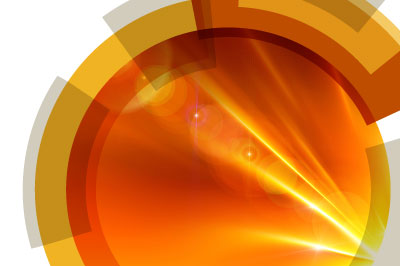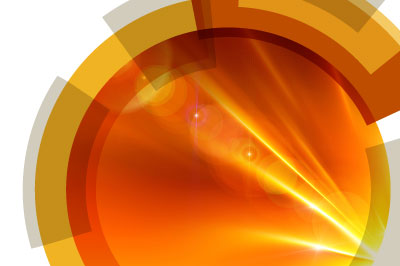Mobile devices are now ubiquitous: there are estimated to be over two billion smart phones and tablets in use globally, each with the computing power to handle most of a chemist's needs. The meeting will explore the many ways that mobile devices could become the chemist's essential companion, from consuming content to performing computational calculations, from electronic notebooks to devices accessing cloud-based resources, and much more.
The meeting will examine:
The meeting will be suitable for:
Michelle Lynch, IHS: Overview of mobile chemistry
Andy Davies, AstraZeneca: RSC Medicinal Chemistry Toolkit
Jonas Bostrom, AstraZeneca: EduChemVR - virtual reality smartphone apps making chemistry look and feel cool
James Stevens, Royal Society of Chemistry: Lab on the bus: Designing for academic modes of reading
Nick Greeves, University of Liverpool: Mobile devices in chemistry education
Daniel Fitzpatrick, University of Cambridge: Around the World Synthesis: Controlling Reactions in Cambridge through Tokyo
Dan Ormsby, Dotmatics: Challenges of developing electronic lab notebooks for mobile devices and substructure searching on iPad
Several student bursaries for undergraduates and postgraduates are available from CICAG, to attend the meeting, covering registration costs and travel within the UK. Please enquire via Gillian Bell by 15 August 2016 if you wish to apply for a bursary.
The meeting will examine:
- The range of capabilities available to chemists via mobile devices compared to laptop/desktop computers.
- Advantages and disadvantages (e.g. security concerns) of an always-connected mobile device.
- Challenges of a touch interface.
- The role of mobile devices in education.
- Gaps in capabilities and content coverage.
- Innovations for the future.
The meeting will be suitable for:
- Chemists who currently use mobile devices and are seeking to expand and optimise their usage.
- Chemists looking to get started with the use of mobile devices for teaching and research in academia or industry.
- Anyone interested in learning about the range of chemistry tools available for use on mobile devices.
Michelle Lynch, IHS: Overview of mobile chemistry
Andy Davies, AstraZeneca: RSC Medicinal Chemistry Toolkit
Jonas Bostrom, AstraZeneca: EduChemVR - virtual reality smartphone apps making chemistry look and feel cool
James Stevens, Royal Society of Chemistry: Lab on the bus: Designing for academic modes of reading
Nick Greeves, University of Liverpool: Mobile devices in chemistry education
Daniel Fitzpatrick, University of Cambridge: Around the World Synthesis: Controlling Reactions in Cambridge through Tokyo
Dan Ormsby, Dotmatics: Challenges of developing electronic lab notebooks for mobile devices and substructure searching on iPad
Several student bursaries for undergraduates and postgraduates are available from CICAG, to attend the meeting, covering registration costs and travel within the UK. Please enquire via Gillian Bell by 15 August 2016 if you wish to apply for a bursary.









